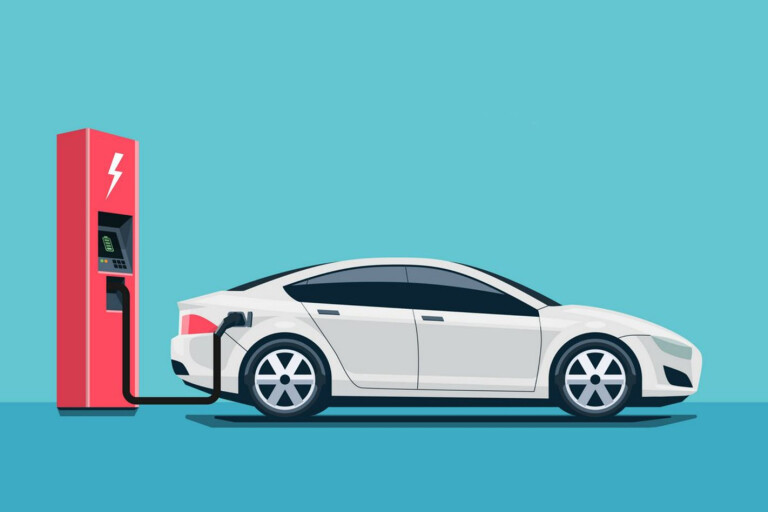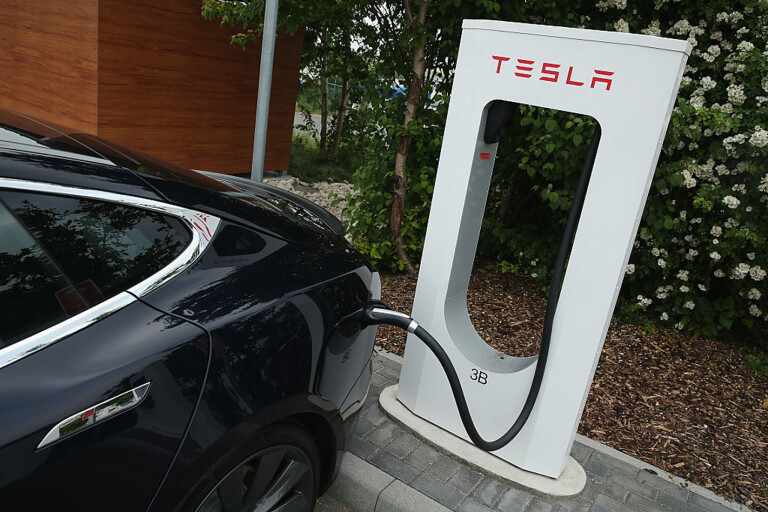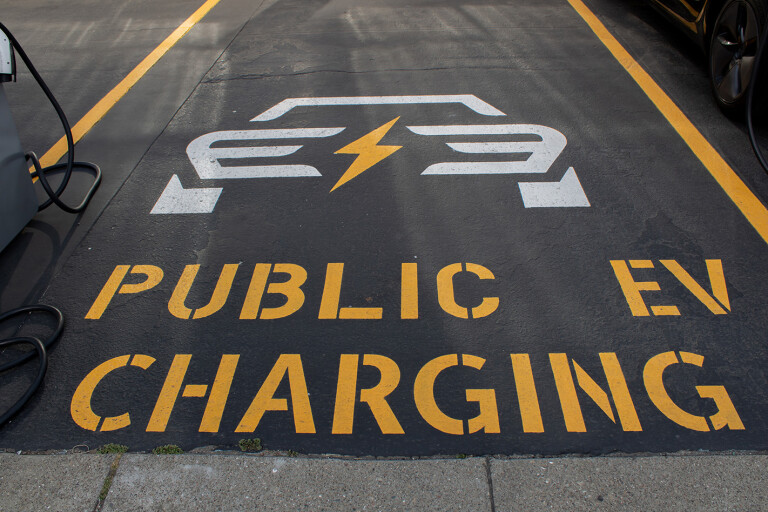
An advantage of Australia running late in the transition to electric vehicles compared to other wealthy countries, is that we can see what's worked well overseas and shamelessly copy those ideas.
As someone that's been daily driving an EV for a little over three years, here are five things I'd like our governments to take inspiration from and to make charging an EV easier.

Create an official website listing all EV charging stations (New Zealand)
New Zealand has an online database of public EV fast charging stations, created when it set a target of a charger every 75 kilometres on its highways.
The nation also added minimum specifications for chargers to appear in this database. For example, chargers designed for use by the general public and 24/7 access and real-time monitoring.
Real-time monitoring in particular allows drivers to view; how much a charger costs to use, if it is offline/online, or if it is currently in use, before making the decision to drive to it.
This information is sporadically in PlugShare or an EV charging network operator's app, but placing it in a central location operated by the Federal Government creates a minimum standard of charger quality in order to get listed in the database.
It also allows drivers to view all charging stations, regardless of who operates them, and lets third parties add EV charging facilities to their maps without paying fees to commercial businesses currently hoarding this information.

Ban brand-exclusive EV charging sites (Europe)
In the Netherlands, Norway and France, Tesla has either opened up or is in the process of opening up its Supercharger network to non-Tesla EVs. Owners of other EVs simply install the Tesla app on their smartphone, add a payment method and use the app to start and stop charging when at a Tesla Supercharger. Tesla owners pay a little less than non-owners.
There's no reason why Tesla can't do the same in Australia, as unlike in the US, its vehicles use CCS plugs for fast charging - the same plug that's on the vast majority of EVs here.
To speed this up so all EV drivers have equal access to charging facilities, the Government could mandate that EV charging network operators can't restrict to specific models or brands, applying an open access principle instead.

Mandate non-app payment at EV chargers (California)
Most non-EV owners expect to simply park at an EV charger, tap a credit card/smartphone on the unit and begin.
In reality, you need to install an app on your smartphone, make an account with that EV charging network (there are at least four in Australia already), add your credit card details and use the app to start charging. In more advanced EV locales like Norway and California there can be up to a dozen networks, each needing their own accounts – how annoying!
The US state of California decided this is unsustainable and introduced a law forcing "stations to accept credit and debit payment by chip card readers". While the amount of chargers is thin on the ground, it's a perfect time for governments to do the same in Australia. Offer a discount for those using the app if you want, but at least offer a way to quickly pay without registering online.
.jpg )
Grants for home and workplace charger installation (UK)
Those of us with off-street parking don't use public charging very often as we can charge at home. In three years of EV ownership, maybe five per cent of the electricity going into my car after around 100,000km of driving is from public chargers. The cost of installing a charger at home however can be a bit of a burden when purchasing a new vehicle.
The UK decided to lower that burden for early adopters moving to electric vehicles by providing grants of up to £350 (~AU$670) for any charge point installed at a home or workplace.
Australia can take this a step further and mandate that chargers eligible for these grants are "smart", meaning they are connected to the internet and able to be controlled by electricity grid operators in the same fashion as air-conditioners and solar inverters are now – to make sure they play nice with the grid.

Fines for parking at chargers when not charging (Victoria & Queensland)
There is nothing more frustrating as an EV owner than needing to charge your car and there's a fossil-fuel car parked in the way. These drivers are known colloquially as 'ICEholes', and while it's a major inconvenience for EV owners, there are no penalties in most Australian states.
Victoria implemented a law to fine for this in 2020 and Queensland rolled out a law to do the same this week, but every state should do something similar. It's easy revenue for them and helps against a massive headache for EV drivers.
There should also be a system for dobbing in offenders (e.g. send a photo to the local council, which is supposed to be enforcing these laws), perhaps even with a bounty attached for the person submitting the photo for maximum effectiveness.
COMMENTS